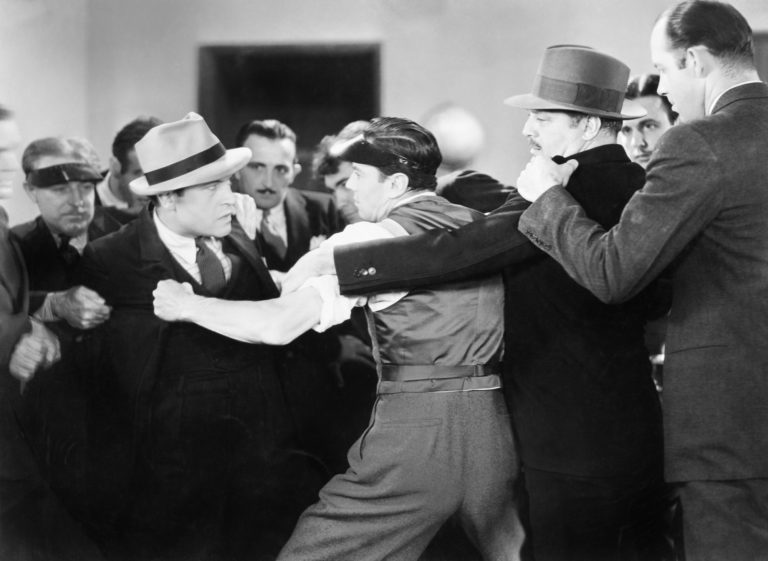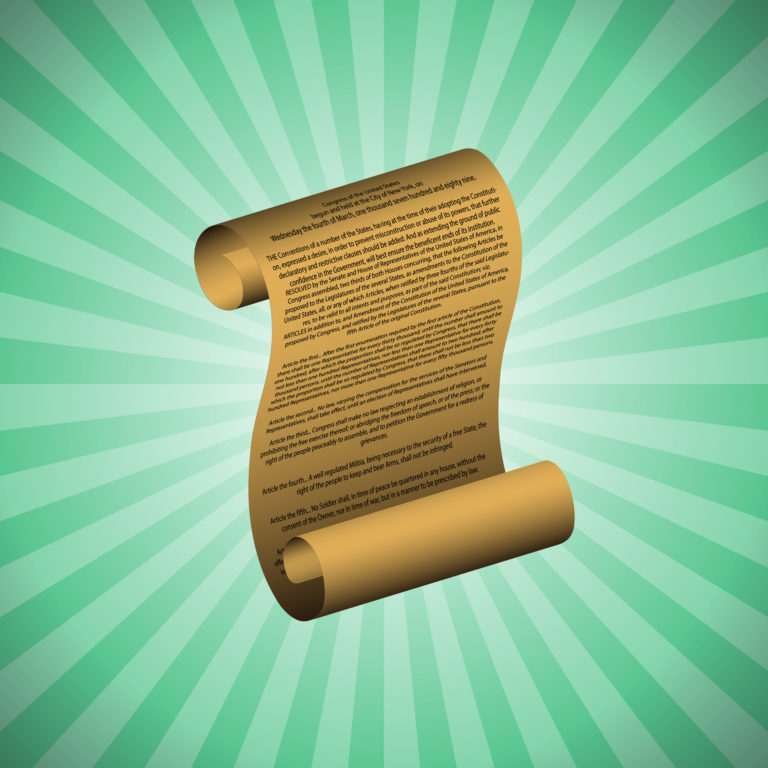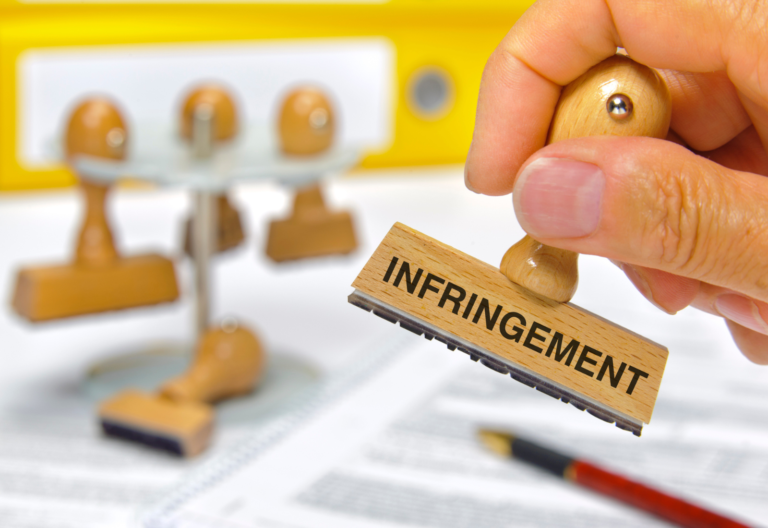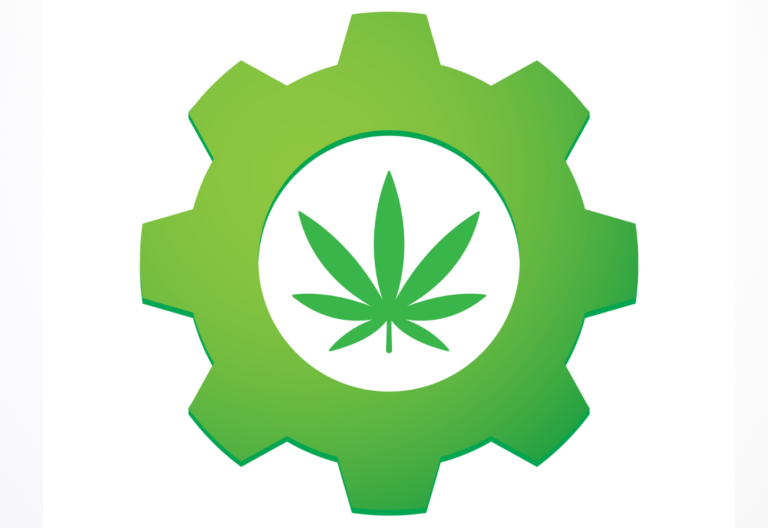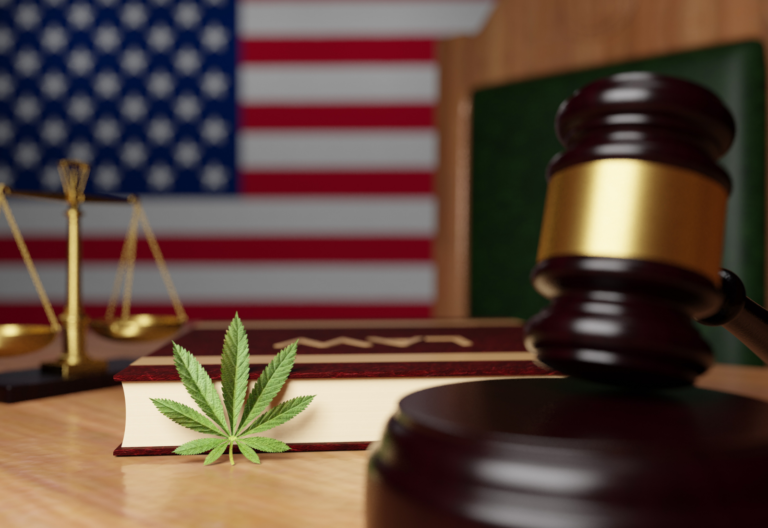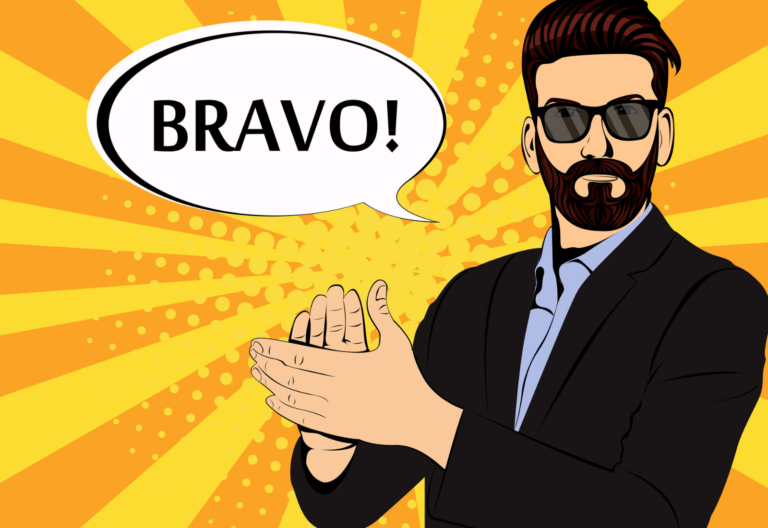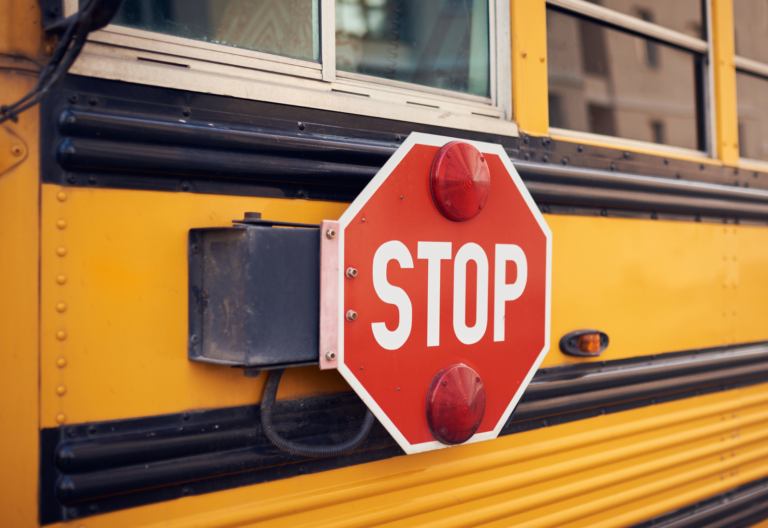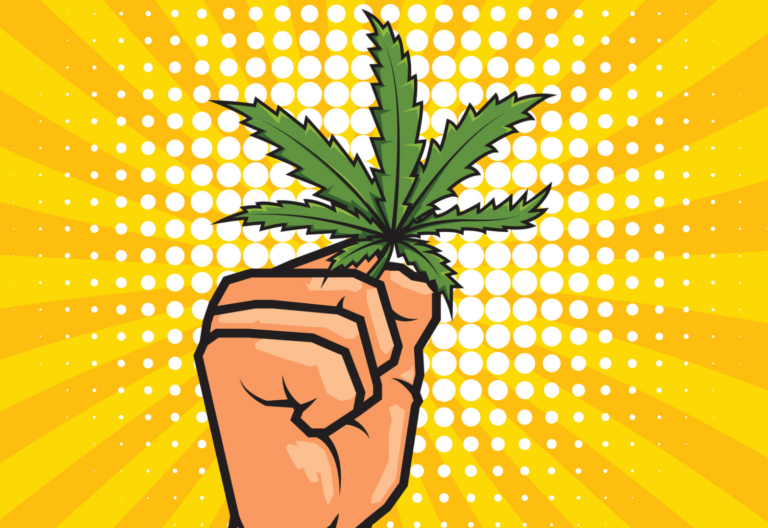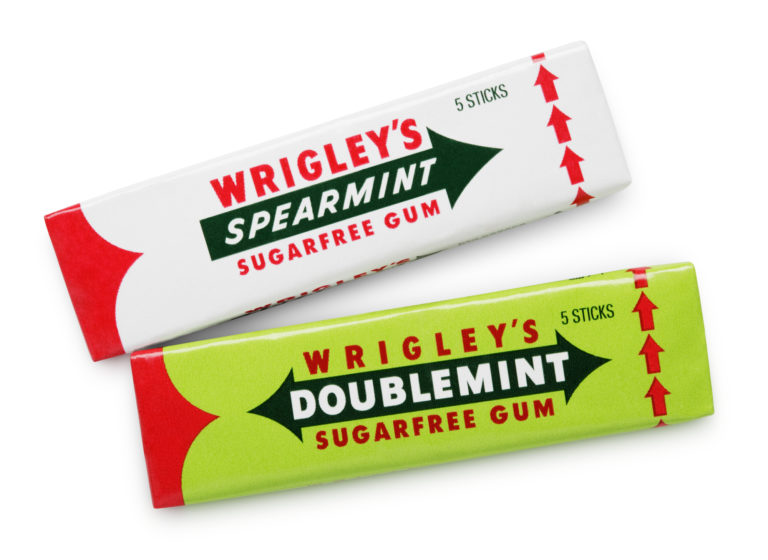
Cannabis Trademark Litigation: Wrigley Wins
A final judgment recently rendered in WM. Wrigley Jr. Company v. Roberto Conde, et al., is nothing short of a cautionary tale and a powerful reminder to cannabis companies: Parody is NOT a defense to trademark infringement in this type of commercial context. The parties We all know Wrigley – it’s a titan in the










